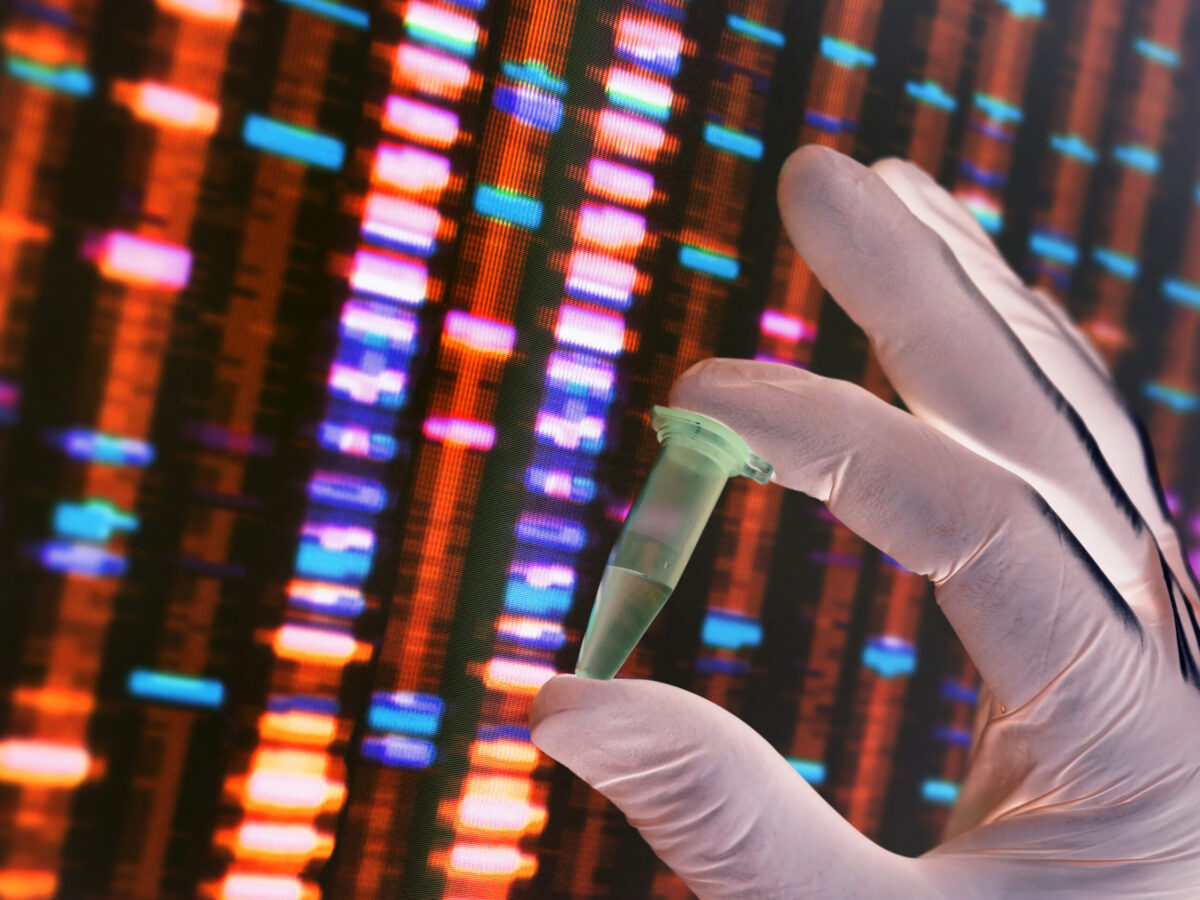Research conducted at the University of Pennsylvania has found that a new injectable biologic drug may be effective at reducing triglyceride levels. The results – which were presented at the American Heart Association Scientific Sessions – could help patients with high cholesterol lower their risk of heart disease and atherosclerosis.
“In this study, we tested a new approach for lowering triglycerides using an injectable drug that inhibits a specific protein which enables high triglycerides – Angiopoietin-like 3 (ANGPTL3). As expected, suppressing AngPTL3 resulted in a profound drop in triglyceride levels, as compared to a placebo,” said Dr. Richard Dunbar, an assistant professor of Translational Medicine and Medical Genetics in the Perelman School of Medicine at the University of Pennsylvania. “Encouragingly, the kinds of drops we saw appear to push beyond the boundaries of what is usually experienced with current oral medications.”
The Phase I clinical trial was a first-in-human, placebo-controlled, double-blind study, designed to assess the safety and efficacy of evinacumab. This injectable biologic is a monoclonal antibody which inhibits ANGPTL3.
The study included 41 participants, 32 of which received the investigational drug, and nine of which were given a placebo. Evinacumab was found to be well-tolerated among the trial participants, and only non-serious adverse events were reported.
The study coordinators measured triglyceride levels for a minimum five month period after drug administration. The researchers found that of the six doses tested, the three highest doses saw the greatest triglyceride-lowering potential between 64 and 73 percent.
“Current medications such as fibrates or prescription fish oils effectively lower triglycerides, but leave much to be desired, each only lowering levels by 20 to 50 percent,” said Dunbar. “Validating a drug that lowers triglycerides well beyond that range would undoubtedly take us to the next level, particularly since it could be combined with current oral medications for those patients with extraordinarily high triglycerides who often can’t achieve safe levels with our usual medications. A similar approach has been taken for lowering certain cholesterol with the advent of PCSK9 inhibitors, which utilize a similar monoclonal antibody mechanism.”
Cholesterol from low-density lipoproteins (LDL) – which are thought to be a key contributor to atherosclerosis – was reduced by evinacumab in a dose-dependent manner. Interestingly, the drug also reduced levels of the so-called ‘good’ cholesterol, high-density lipoproteins (HDL), which is most likely due to the drug’s mode of action.
“Though the preliminary results give us a lot of hope that we could significantly improve triglyceride management, there is still a lot of work to be done to validate this approach,” said Dunbar. “If all goes well and if this therapy makes it into clinical practice, the implications of this research are twofold. In the short term, profoundly lowering triglycerides may render hospital admissions less frequent in patients prone to pancreatitis, while long term, lowering triglycerides and associated cholesterol could also help reduce the risk of certain heart disease.”












Join or login to leave a comment
JOIN LOGIN